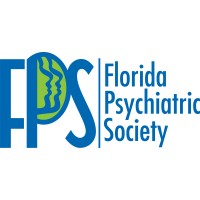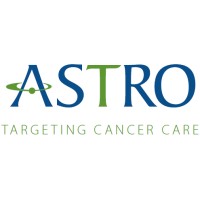
Florida Psychiatric Society
Florida Psychiatric Society is the professional organization for all of Florida's psychiatrists from Key West to Pensacola. The activities of FPS are coordinated from our staff office in Tallahassee, Florida. The purposes of the Florida Psychiatric Society are to foster the science and progress of psychiatry, in cooperation with and as a constituent part of the American Psychiatric Association; to serve as an influence toward the maintenance of high professional, clinical, educational, research and administrative standards; to provide appropriate services to the members of the Florida Psychiatric Society, and to assist the American Psychiatric Association in promoting its purposes






